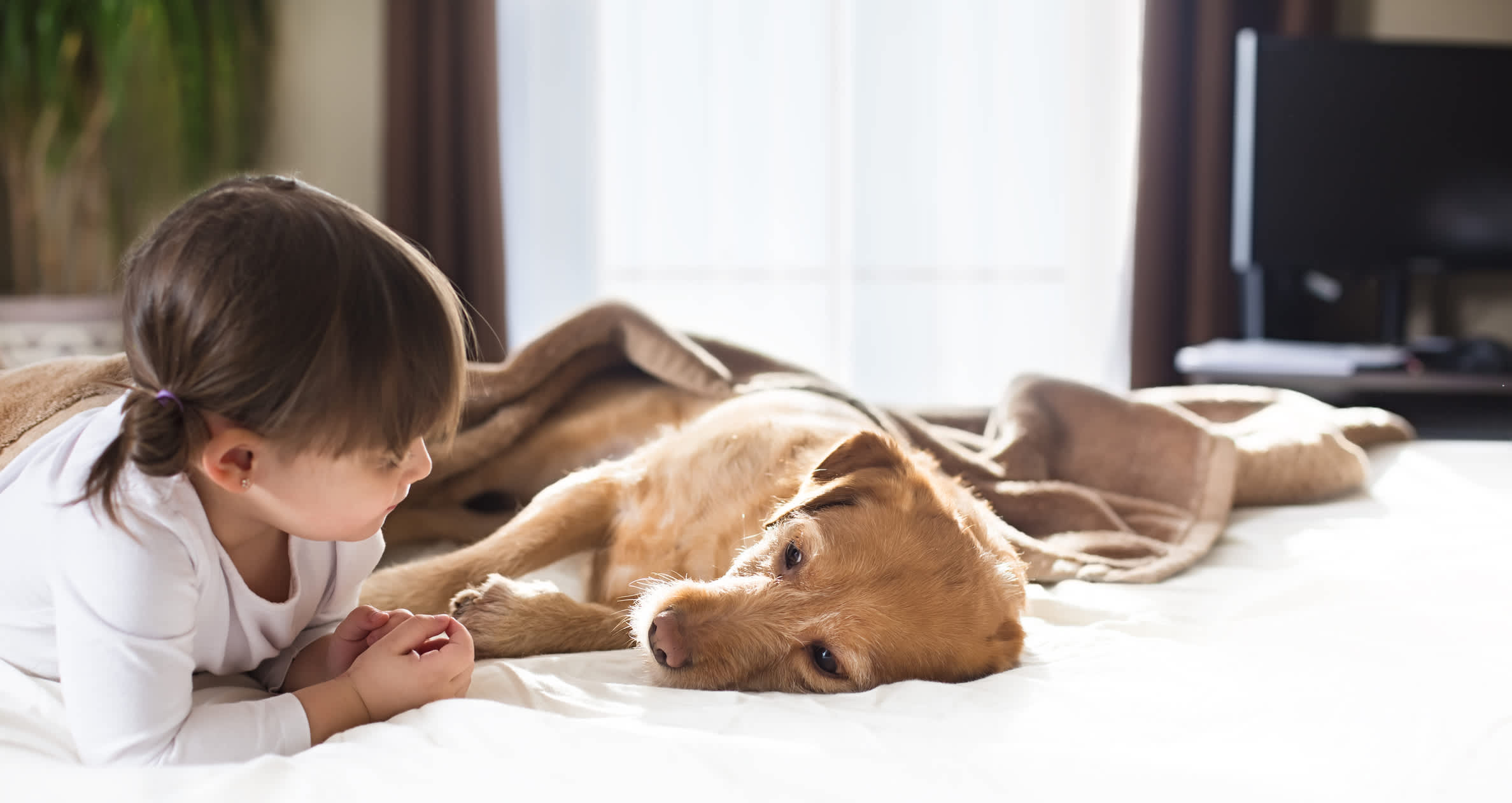When your companion has diarrhea, it’s hard to know if it’s an upset stomach or something worse. It’s also harder to treat, because they can’t tell you what’s causing it.
Through this detailed guide, you’ll learn a lot about your dog’s health from their bowel movements as well as various home remedies for dog diarrhea.
Remember to talk with your veterinarian about changes to your dog's diet and if diarrhea continues, as there might be other issues.
What Is Dog Diarrhea?
Dog diarrhea is a condition that develops when there is something amiss with the digestive system, causing stool to be made too quickly. It’s different from typical bowel movements because it’s much looser and more watery.
When Should I Worry If My Dog Has Diarrhea?
You should worry if your dog has consistent bouts of diarrhea for longer than 48 hours or shows other physical symptoms. These physical symptoms include:
- Blood in the diarrhea
- Fever
- Loss of appetite
- Signs of dehydration
- Tiredness
- Vomiting
You should also worry if you think a toxin or foreign body is involved—meaning your dog ate potentially poisonous food or an indigestible item.
Finally, if you have a gut feeling something might be wrong with your dog, then you should consult your holistic veterinarian. You know your companion best!
Can a Dog Have Diarrhea and Be OK?
A dog can absolutely have diarrhea and be OK because dogs can have occasional stomach problems, just like humans. Sometimes, a dog’s digestive system gets irritated for seemingly no reason (though you’ll find potential reasons below), which can cause acute diarrhea. Acute diarrhea means it's a short-lived and recent problem.
What Is the Difference Between Diarrhea and Loose Stool in Dogs?
The difference between diarrhea and loose stool has to do with the consistency of the bowel movement. Diarrhea is watery with little-to-no solid stool, while loose stool has solids—it’s just softer than healthier (firm) poop.
How Serious Is Diarrhea in Dogs?
The seriousness of diarrhea in dogs depends on how long it lasts and what the diarrhea looks like. A day or two is no big deal and could simply point to an upset stomach.
If your dog has diarrhea longer than two days, there may be cause for concern.
This could mean it’s either a chronic condition or a sign of a bigger problem. Your companion is in an emergency situation if they’re also vomiting, refusing to drink, showing general weakness, or running a fever.
As for looking at your dog’s diarrhea, don’t worry. You don’t have to get too close. Instead, inspect it for blood or unusual objects—if you see either one, you need to go to an animal hospital and get your dog checked out.
Risk of Dehydration
Whether it’s one day or one week, make sure you keep up with your dog’s fluid intake. Unfortunately, it’s easy for your furry friend to become dehydrated due to diarrhea. It’s also important to note that puppies and older dogs may feel the impact of diarrhea more than the average dog.
Very often, when a dog starts to feel sick from diarrhea, it’s actually not the diarrhea—it's dehydration.
What If My Dog Has Diarrhea but Is Acting Fine?
If your dog has diarrhea and is acting fine, it could simply be acute diarrhea, and you don’t have to worry. This is where keeping a close eye on your canine friend comes in because a dog having diarrhea but acting normal can be a sign of:
- A bacterial imbalance
- A change in diet not going well
- Food allergy or intolerance
- Medication symptom
- Parasites
Why Does My Dog Have Diarrhea?
Your dog has diarrhea because food moves too fast through the digestive system for one reason or another. There are many causes of diarrhea, which are explained below.
What Causes Diarrhea in Dogs?

Dogs develop diarrhea for many reasons:
Stress
It’s amazing how stress can affect a dog’s body in many ways—digestive issues included. Stress can come from changing environments, new people in the house, or even when you’re away from home for long periods.
Allergies/Intolerance
Eating foods to which dogs are allergic or intolerant can commonly cause stomach pain and diarrhea.
If you think your companion is potentially allergic to a specific food, look for additional symptoms like:
- Sneezing
- Abdominal bloating
- Gas
- Runny eyes
- Itchy ears
- Constant licking and chewing on paws
- Increased itching and scratching
- Irritated/red skin





